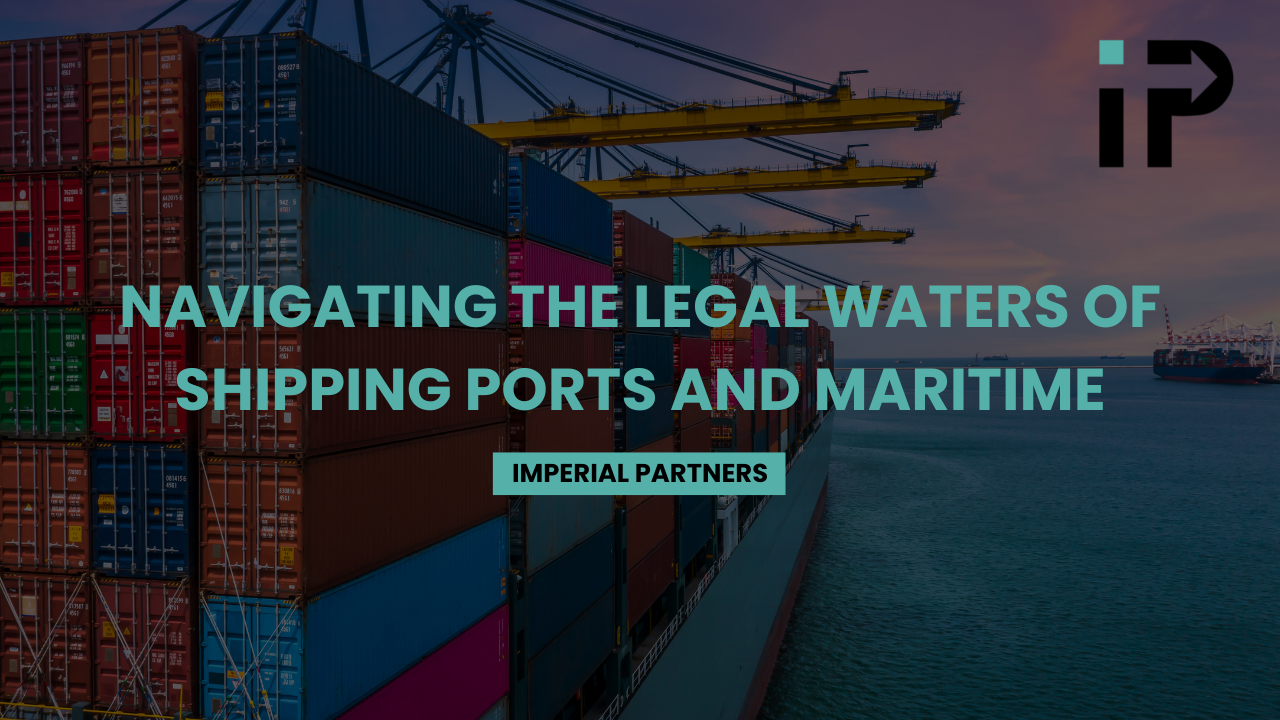Shipping ports are critical infrastructure for global commerce, connecting producers and consumers across international borders. As such, the shipping and maritime industries have seen a significant increase in the need for legal services in recent years. If you are a lawyer practicing in the United States, having a good understanding of the various practice areas related to shipping ports and maritime is crucial.
- One of the most important areas of practice for lawyers in this field is Admiralty and Maritime Law. This area governs the rights and responsibilities of parties involved in maritime activities and requires knowledge of both federal and state laws. Lawyers practicing in this area may represent clients involved in shipbuilding, marine transportation, cargo damage claims, and marine insurance claims.
- Environmental Law is also a critical practice area for lawyers in this field. As ports are large industrial facilities, they can have a significant impact on the environment. Environmental laws and regulations govern the operation of ports and the discharge of pollutants into the air, water, and soil. Lawyers practicing in this area may represent clients involved in environmental compliance, permitting, and enforcement, as well as environmental litigation related to pollution and environmental damage.
- Ports are major employers, providing jobs for thousands of workers in various roles, making Labor and Employment Law another important practice area for lawyers. Labor and employment laws govern the rights and responsibilities of employers and employees in the workplace. Lawyers practicing in this area may represent clients involved in labor and employment disputes, including discrimination, harassment, wage and hour violations, and collective bargaining negotiations.
- International Trade Law is another crucial practice area for lawyers in this field. Ports are gateways for international trade, connecting producers and consumers across the globe. International trade law governs the rules and regulations for the exchange of goods and services between countries. Lawyers practicing in this area may represent clients involved in international trade disputes, including customs and tariff issues, trade agreements, and international arbitration.
- Transportation Law is also an essential area of practice for lawyers in the shipping and maritime industry. It governs the regulation of the transportation industry, including shipping, trucking, and rail transportation. Lawyers practicing in this area may represent clients involved in transportation disputes, including cargo damage claims, freight and shipping contracts, and transportation-related accidents.
- Finally, Commercial Litigation is an area of practice that involves the representation of clients in disputes related to business transactions. Lawyers practicing in this area may represent clients involved in disputes related to shipping contracts, cargo damage claims, and other commercial transactions related to the transportation of goods.
In conclusion, shipping ports and the maritime industry are critical components of international trade and commerce. Lawyers practicing in this field must have a deep understanding of the legal issues related to shipping and maritime activities. Admiralty and maritime law, environmental law, labor and employment law, international trade law, transportation law, and commercial litigation are just a few of the many areas of practice that revolve around shipping ports and maritime activities. As global trade continues to grow, the demand for legal services in this area is only expected to increase, making it an exciting and challenging field to practice in.


